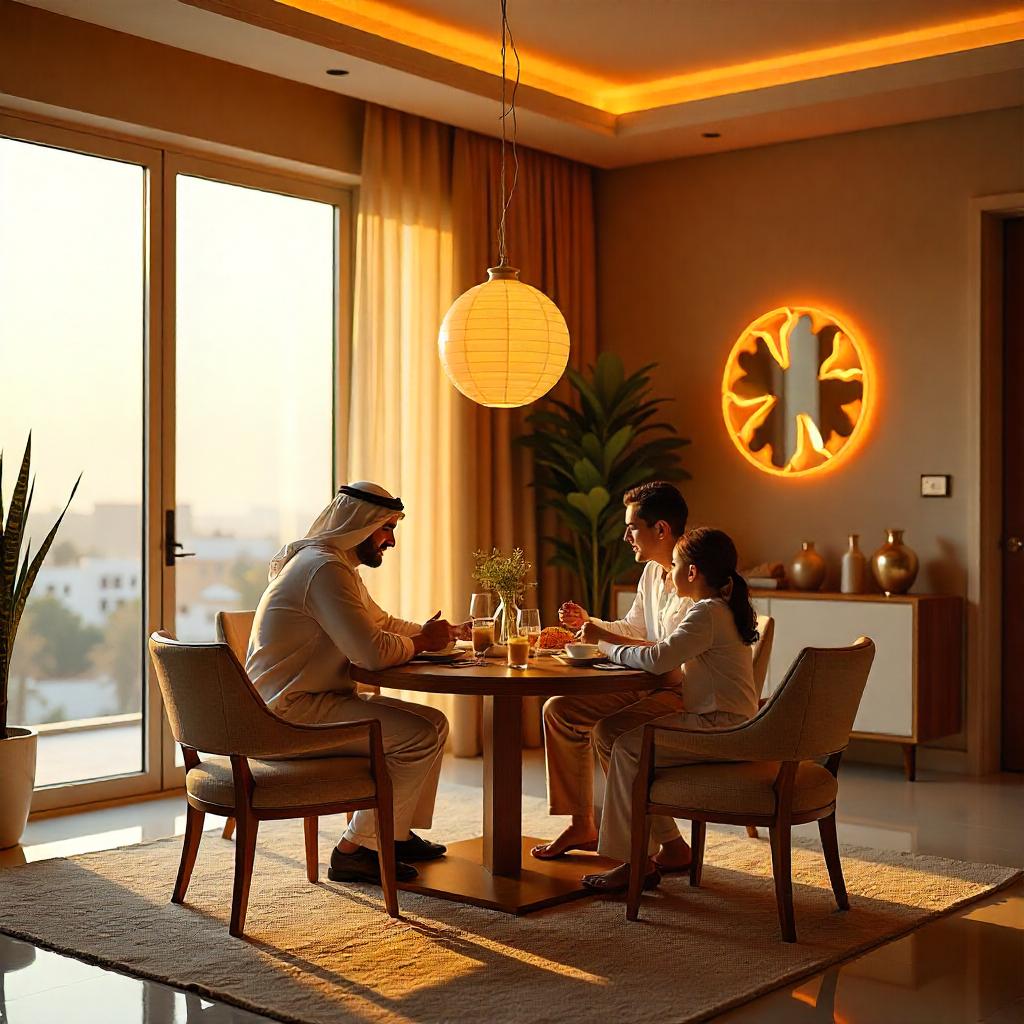Saudi Arabia has passed a new law allowing foreigners to own real estate in select parts of the kingdom, marking a major policy shift aimed at boosting foreign investment and aligning with its Vision 2030 economic diversification goals.

Under the new law, foreigners will be allowed to purchase property in designated areas of Riyadh and Jeddah. However, ownership in Mecca and Medina will be governed by specific conditions due to their religious significance. The Real Estate General Authority is expected to soon release more detailed guidelines on eligibility and process. The law will be implemented starting January 2026.
This decision led to a surge in Saudi real estate stocks, reflecting optimism about increased international investment. The move is seen as a step to develop Saudi Arabia’s tourism sector and attract global buyers, similar to trends seen in Gulf neighbours like the UAE and Qatar.
The Vision 2030 plan has tourism and real estate as major focus areas, especially developments along the Red Sea. Projects such as the Ritz-Carlton Reserve have already opened, and others, including the massive cube-shaped Mukaab project in Riyadh, are under construction.
However, some earlier mega projects, like the futuristic city of Neom, have seen scaled-down targets. Instead of hosting 1.5 million people by 2030, projections now suggest fewer than 300,000 residents with only 2.4 km of the city expected to be built by then.
The new real estate law is also designed to tap into demand from wealthy international buyers seeking vacation homes or second residences in the Gulf. Dubai currently leads this market, with property prices rising by 19 percent in 2024, especially in the ultra-luxury segment. According to Frank Knight, home sales above $10 million in Dubai now rival those in London and New York combined.
Saudi Arabia aims to emulate this success by encouraging affluent Saudis to invest domestically and attracting foreign capital, particularly from high-net-worth individuals in the Global South and the Muslim world. A Frank Knight study in 2024 revealed that 79 percent of wealthy Muslim respondents expressed interest in owning property in Mecca or Medina, with many willing to spend over $4 million.
By opening its property market, Saudi Arabia hopes to balance religious sensitivities, national economic interests, and global investor appeal, reinforcing its long-term vision to become a hub for tourism, real estate, and economic innovation.
